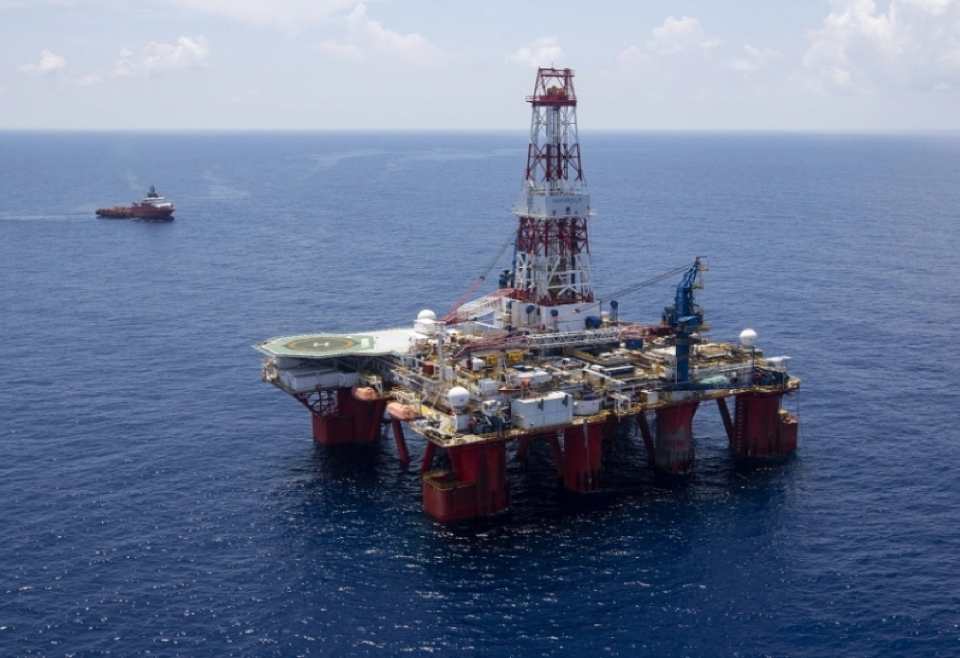RUSSIA MONITOR
Date: 21 May 2018
Another Conflict Between Rosneft and China
Igor Sechin’s reassurances about tightening cooperation between Rosneft and China are becoming less and less real. Not only did the sale of Russian company’s shares to the Chinese appeared to be unsuccessful, but Beijing also fiercely criticised Rosneft’s operations in another country; it is all about extraction works on the South China Sea shelf within one of Vietnamese projects. Until now, China has not criticised its Russian partners. The case of South China Sea, therefore, can be perceived as a sign of troubles in their relations.

Rosneft entered Vietnam after the TNK-BP takeover in 2013. Rosneft Vietnam B.V. was previously known as TNK Vietnam. On May 15, Russians have begun drilling on the Lan Do (“Red Orchid”) deposit, which was fiercely criticised by the Chinese. It stated that no company had the right to conduct extraction operations on the reservoir controlled by the People’s Republic of China. The country’s Ministry of Foreign Affairs added that such situations might negatively influence relations between Beijing and countries that violate the sovereignty of the PRC. It evoked a reaction of Vietnam’s Ministry of Foreign Affairs whose representatives underlined that works on the South China Sea shelf had been conducted in accordance with the international law, whereas exploitation of deposits had taken place on the territorial waters of Vietnam.
China claims the right to almost the entire South China Sea area extremely rich in deposits. On these waters, the Nine-Dash Line was drawn, which, according to China, is supposed to mark their territory. This area encompasses almost 80 percent of the South China Sea reservoir. Since 1947, Beijing has considered this territory as its own, but the international society does not seem to agree. In 2016 the International Court of Justice in the Hague issued a decision unfavourable for China so it was immediately rejected by Chinese authorities.
Lan Do is located inside the zone marked by Beijing with the so-called Nine-Dash Line, therefore Rosneft Vietnam was afraid of China’s negative reaction. However, Hanoi authorities claim that the Red Orchid deposit is placed in Vietnam’s Exclusive Economic Zone. While Rosneft’s Vietnamese branch tried to keep their actions in secret, its Russian parent company published information about the beginning of drillings on their website. After Beijing’s sharp reaction, Rosneft replied that all operations were conducted in accordance with the Vietnamese law as well as acquired licenses.
Lan Do reserves are estimated at 23 billion cubic metres of gas. Rosneft Vietnam B.V. is the project operator with 35 percent of shares, an Indian multinational oil and gas company ONGC holds 45 percent while PetroVietnam – 20 percent. Currently, Rosneft operates in Vietnam on three underwater deposits: Lan Do, Lan Tai and Phong Lan Dai. The last one started to be exploited in 2016, but then Beijing did not express public dissatisfaction. Now its strong declaration may result not only from the principled approach to the problem of the South China Sea, but also from the Chinese’s disappointment after the Russians had withdrawn from selling a part of Rosneft; they did not come to an agreement with state-owned entities, that had basically taken over China’s CEFC China Energy involved in some scandals.
All texts published by the Warsaw Institute Foundation may be disseminated on the condition that their origin is credited. Images may not be used without permission.














